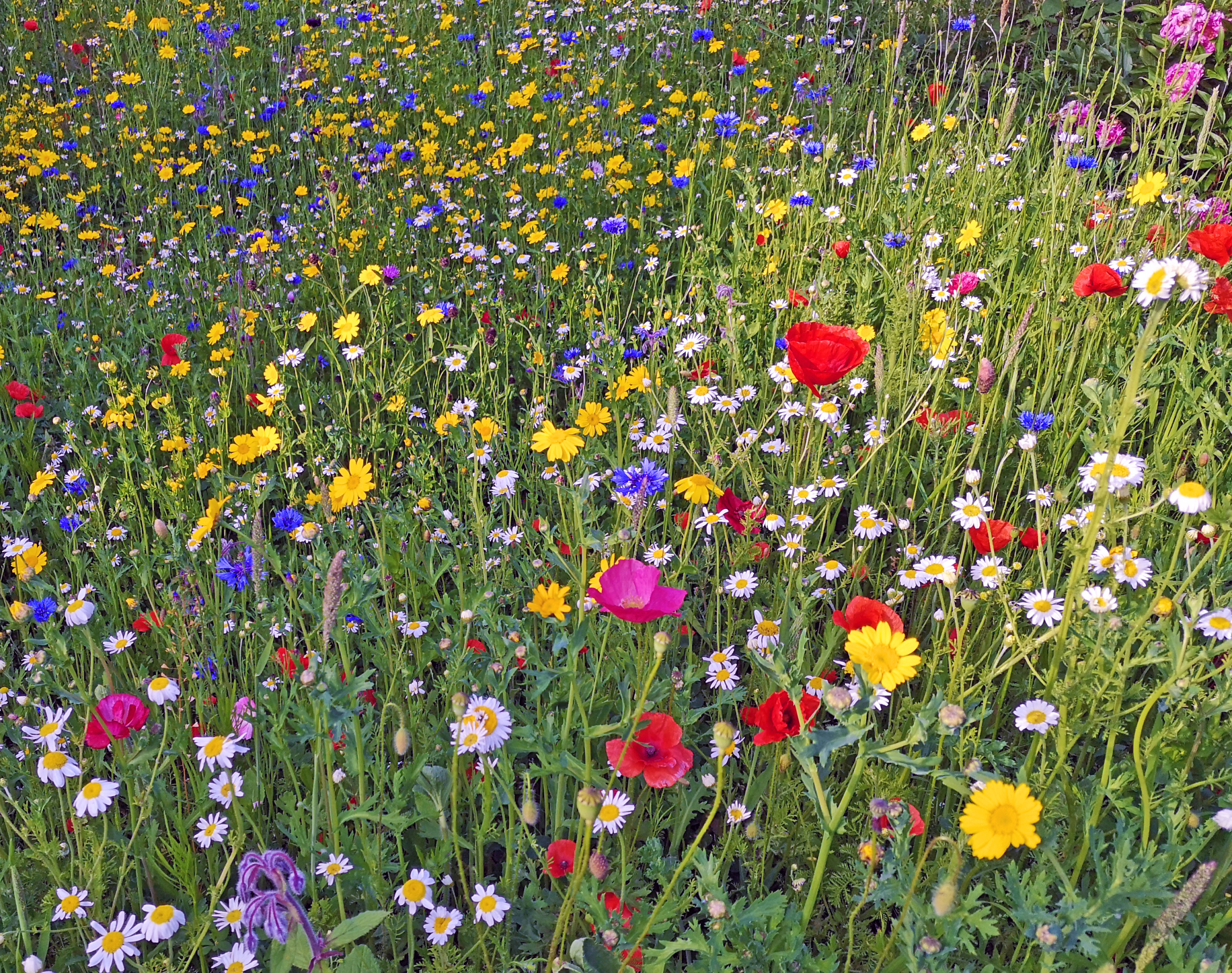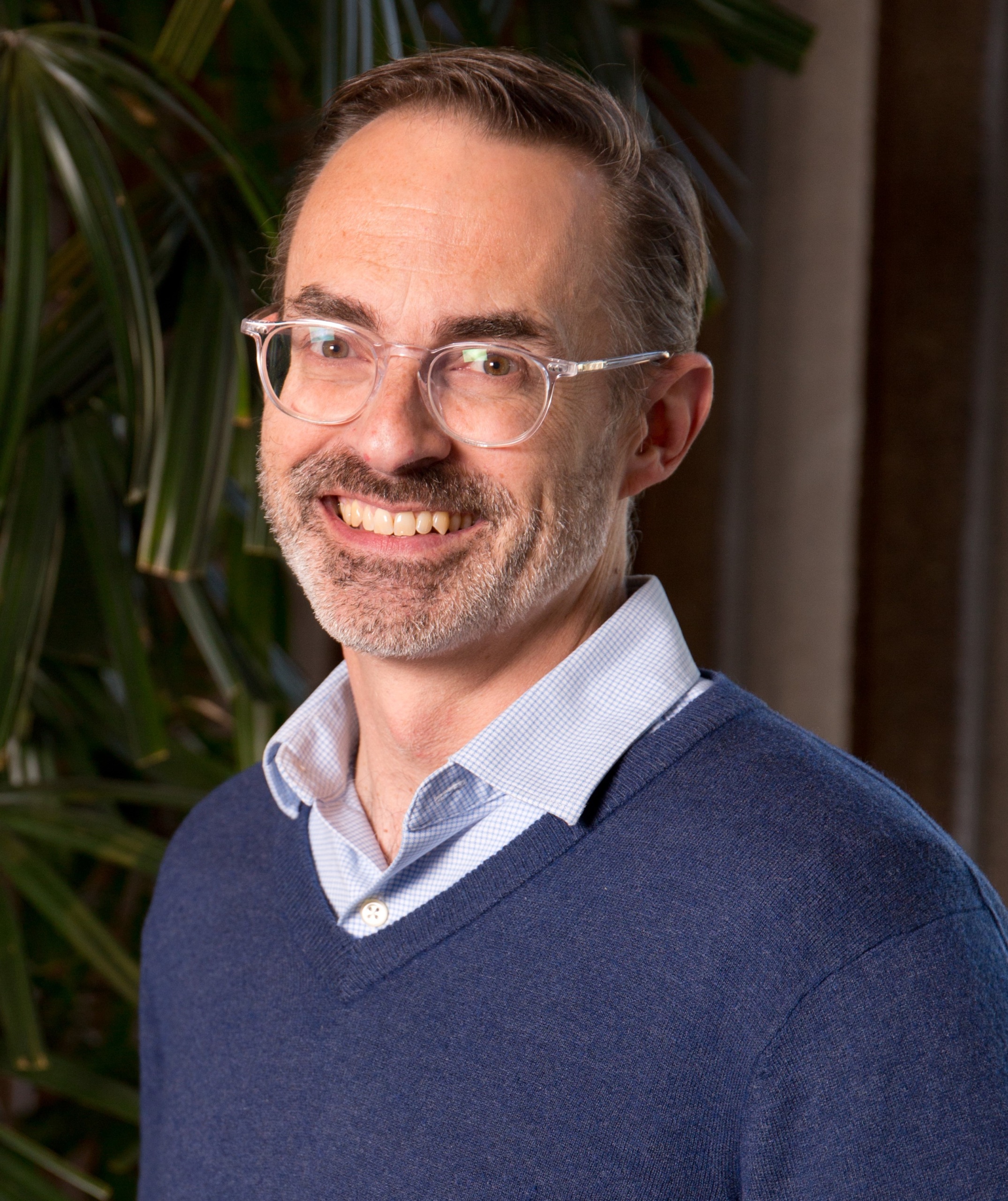
My Life as an Unintentional Half-Vegan: On Societal Change in a Warming World
It’s time for imagination – both in politics and our daily lives. And for renewed faith that a future free of fossil fuels can be one that isn’t just worth living, but delicious enough to eat with a spoon.
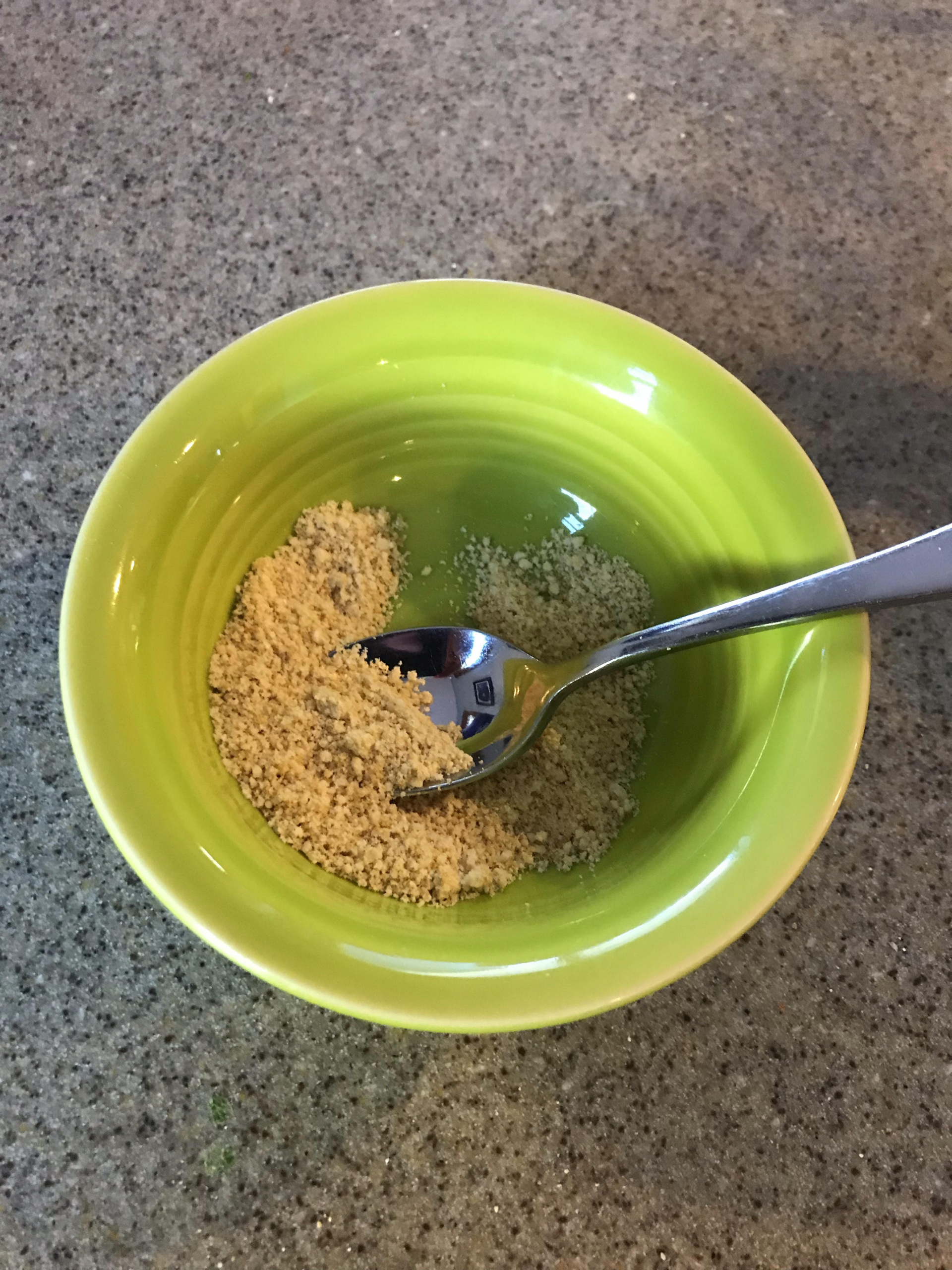
Vegan parmesan cheese is not real cheese. Obviously.
Nor does it pretend to be cheese. In that, it is distinguished from the various shrink-wrapped, un-meltable, plasticky monstrosities that immediately pop to mind when I think of fake cheese.
Instead, vegan parm is a ground-up combination of cashews, nutritional yeast, garlic powder and salt. And it is delicious. I can eat it with a spoon. (And have.)
I came to know about vegan parm because my teenage son decided last year to become a vegan, a decision that I want to support even if I’m not quite ready to follow along. He had been a vegetarian for the previous two years, and while we’ve never eaten much meat in our household, replacing dairy and eggs has been a challenge.
Cooking for a vegan has opened up a new world of culinary possibilities that I had never imagined were possible.
The best of those new possibilities follow the template of vegan parm – they substitute for animal-based products without trying to imitate them. Over the holidays, we had a delicious lasagna using vegan ricotta (ground almonds, lemon juice and that magical ingredient, nutritional yeast) that added creaminess and tanginess in a way that felt integral to the whole. It wasn’t quite like a lasagna made with real ricotta. You could notice the difference. But it was wonderful in a distinct but related way.
I thought of all this last week amid conversations on Twitter related to, of all things, the Green New Deal. The core question at play was whether we – all of us – will need to change our lifestyles in order to address climate change.
I think that if one fully grasps the scale of change needed to address global warming, the answer to that question is obvious – yes. But while the implications of that conclusion might seem obvious, they are not.
Because “change” and “sacrifice” are not the same thing. For one thing, there are fossil fuel-intensive activities in our daily lives – such as commuting – that objectively make most people miserable. To frame efforts to minimize those activities as “sacrifice” is to tell an untruth. They are win-wins and should be presented as such.
And if we stop to think for a moment, it becomes clear that – as is the case with vegan parm – even things that feel like sacrifices can lead to the discovery of new sources of happiness we otherwise never would have discovered.
The thing about vegan parm that I marvel at the most is that someone came up with it in the first place. Cashews? As a substitute for cheese? Who would have imagined?
Certainly not me, a non-vegan. As someone without a need for a parmesan substitute, the train of thought that led to the creation of vegan parm would never have left the station for me. Only people acting under the constraint of avoiding animal products would have had the motivation to innovate vegan parm.
Similarly, acting under the constraint of eliminating fossil fuel use will require some sacrifice and making-do. There will be people within our society less able to bear those sacrifices and for whom making-do will be more difficult. Their needs will need to be acknowledged and met.
But the constraint of living in a society phasing down its use off fossil fuels could also provide new innovations and challenge us to think deeply about our lives in ways that foster transformative change.
If you don’t believe me, consider the trajectory of renewable energy, an industry that barely existed a couple of decades ago. It is now thriving, in part because of strong commitments made by various governments over the years – including the self-imposed constraint of state renewable energy standards. Those commitments have now put us in a position to envision an energy system that is not really an imitation of the fossil fuel-powered system of the past, but one that is different in form and function and, in many respects, better.
If our imagination is limited to simply re-envisioning our current lifestyles, but without fossil fuels, the future can look like an endless diet of fake cheese. But if we imagine the full range of possibilities of what a zero-carbon society can look like, I am confident we can make it work. And if we do it with consideration and care, it can be beautiful.
In politics and in our lives, there is a tendency to look backwards for ideas and models. That’s often useful. But in addressing a multi-faceted, civilization-scale challenge such as climate change, the models and experiences of the past can only tell us so much.
It’s time for imagination – both in politics and our daily lives. And for renewed faith that a future free of fossil fuels can be one that isn’t just worth living, but delicious enough to eat with a spoon.
Topics
Authors
Tony Dutzik
Associate Director and Senior Policy Analyst, Frontier Group
Tony Dutzik is associate director and senior policy analyst with Frontier Group. His research and ideas on climate, energy and transportation policy have helped shape public policy debates across the U.S., and have earned coverage in media outlets from the New York Times to National Public Radio. A former journalist, Tony lives and works in Boston.
Find Out More
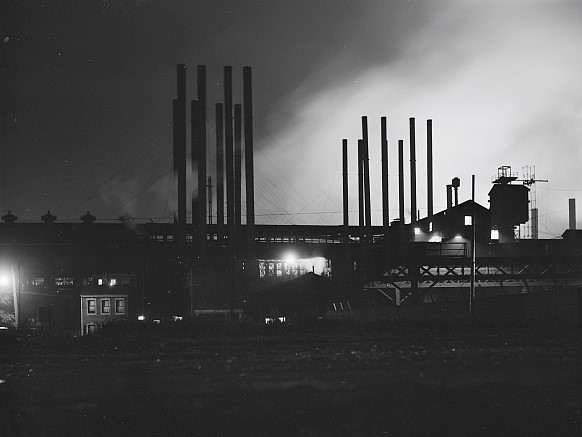
Beyond the politics of nostalgia: What the fall of the steel industry can tell us about the future of America
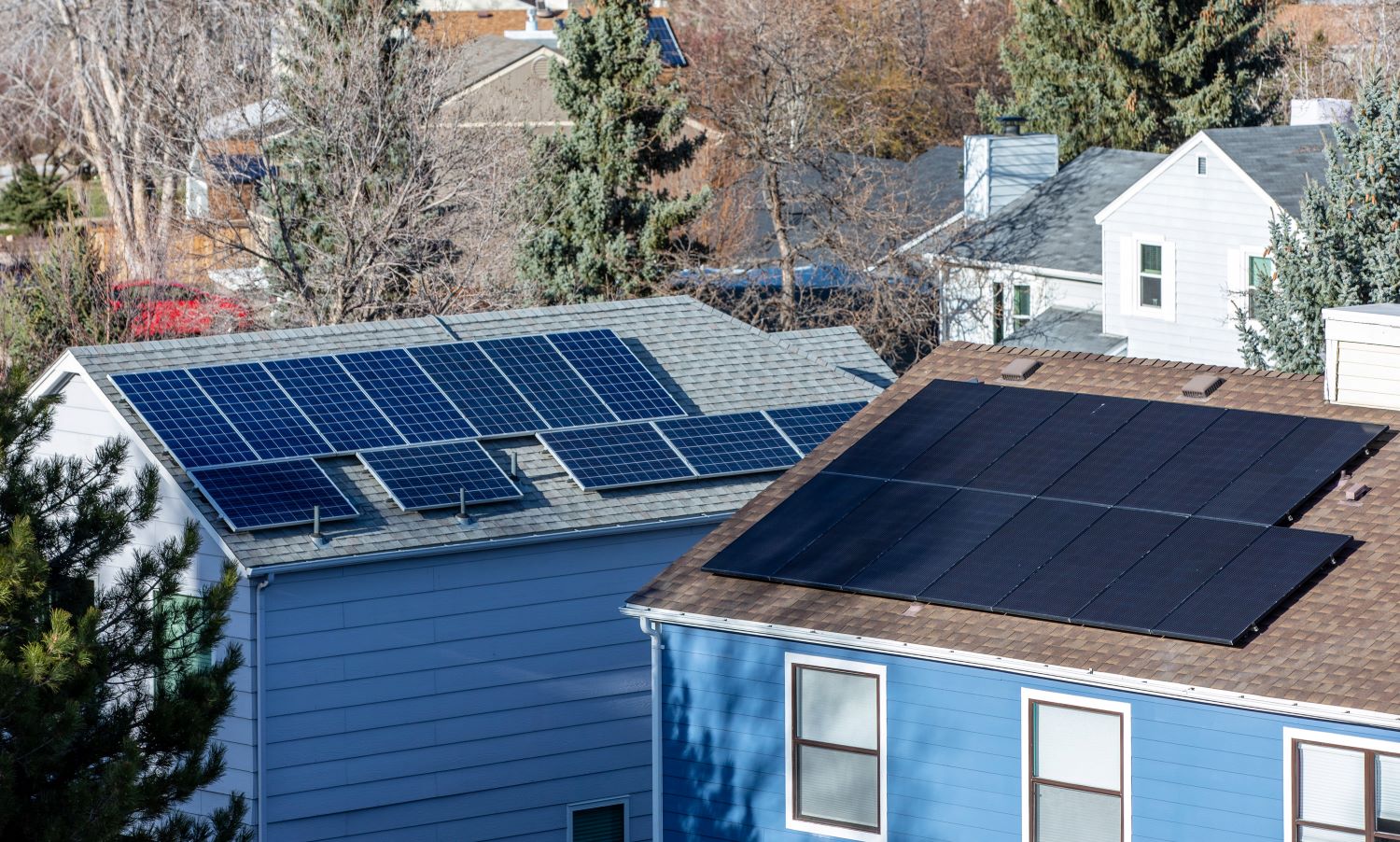
Let us now praise rooftop solar: A tale from New England
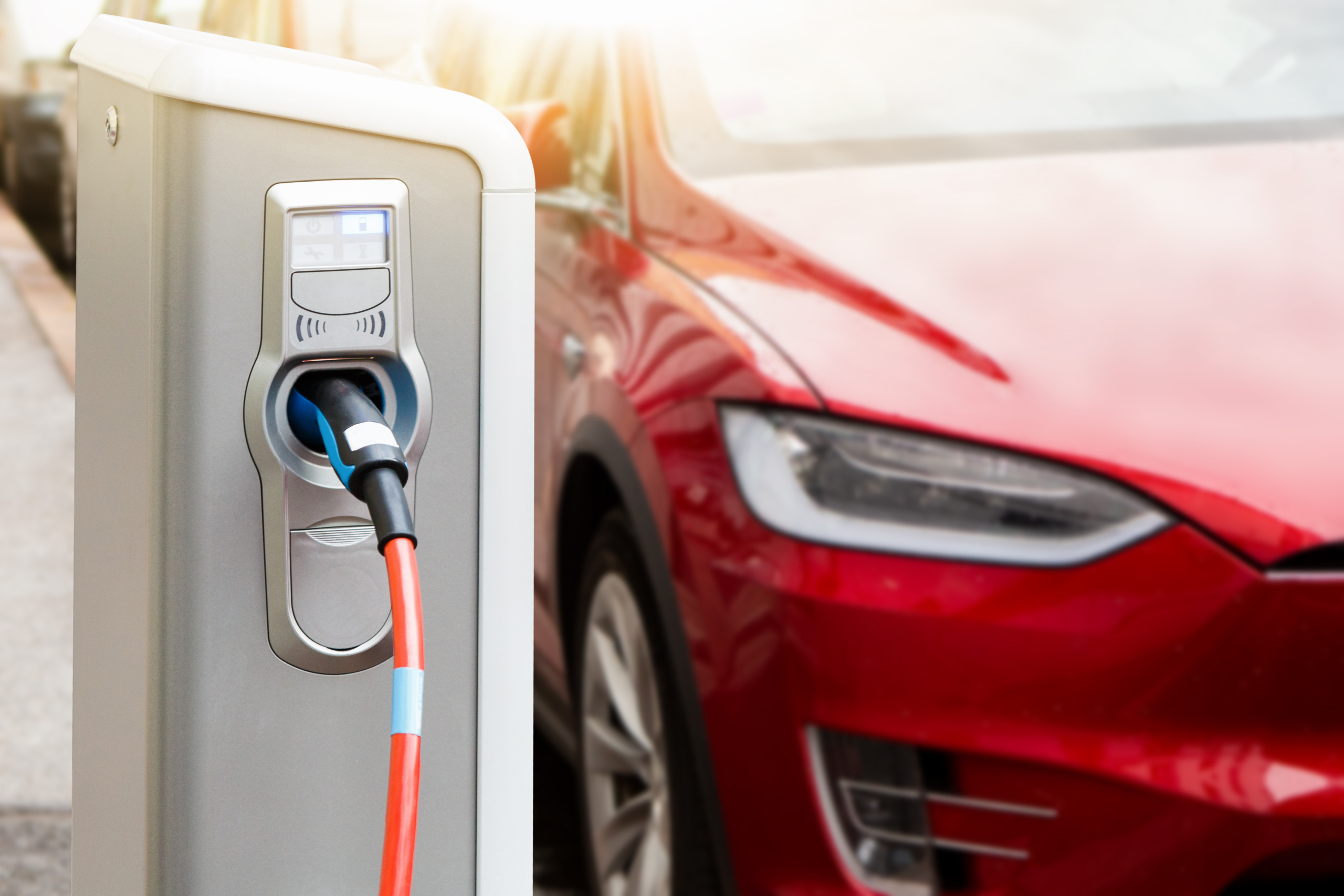
Automakers could have learned to build EVs. They paid Tesla to do it instead.
